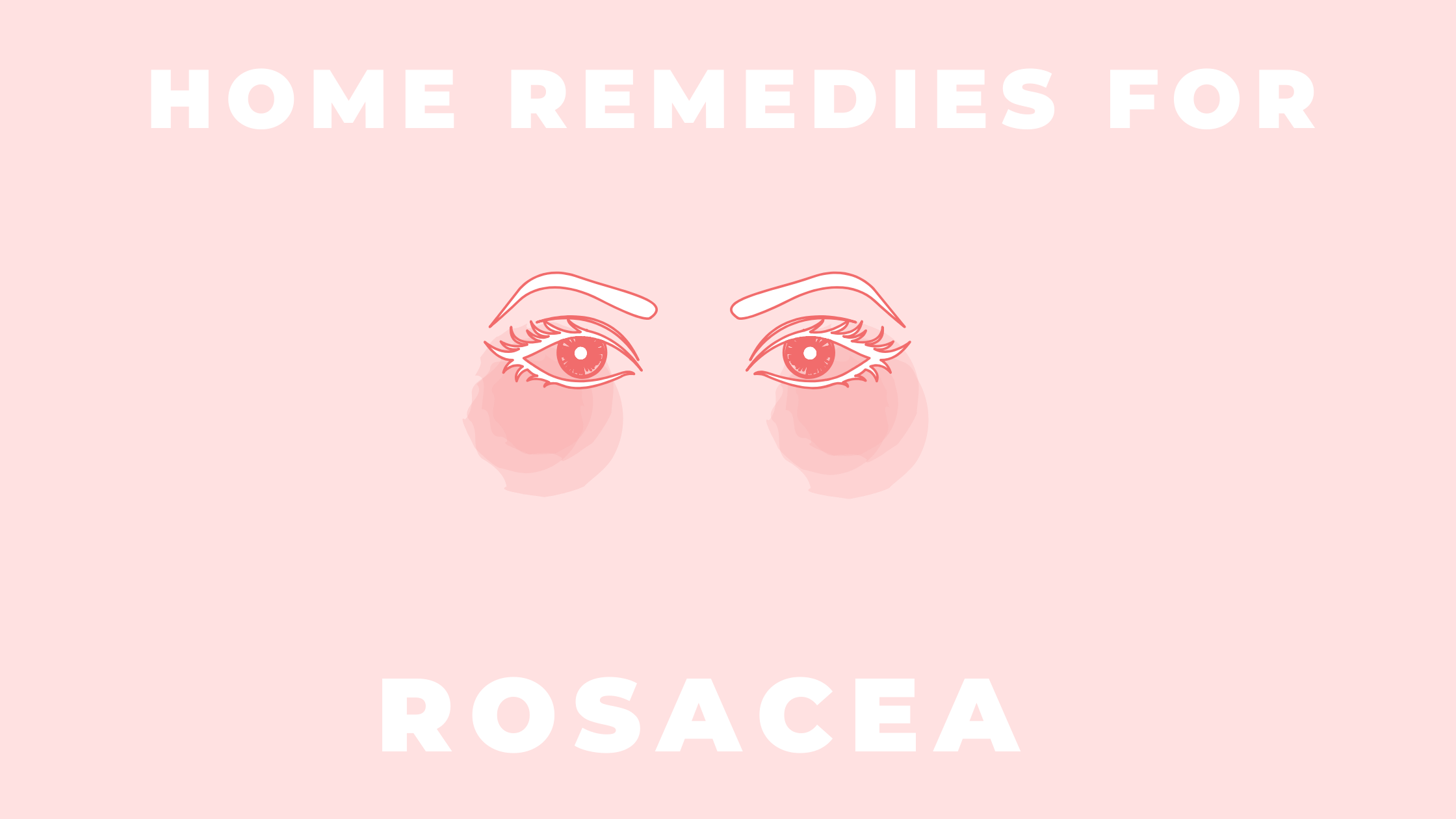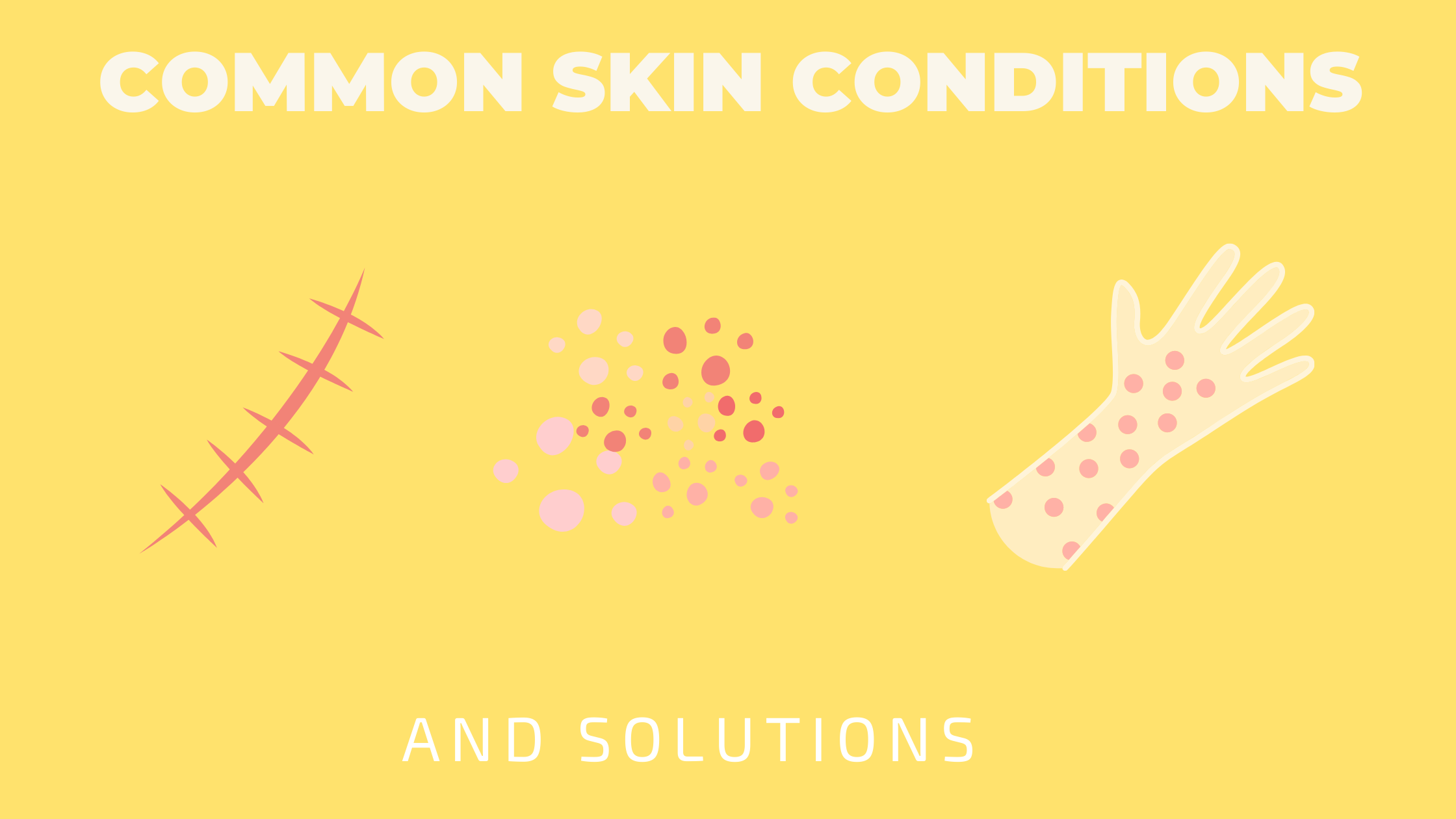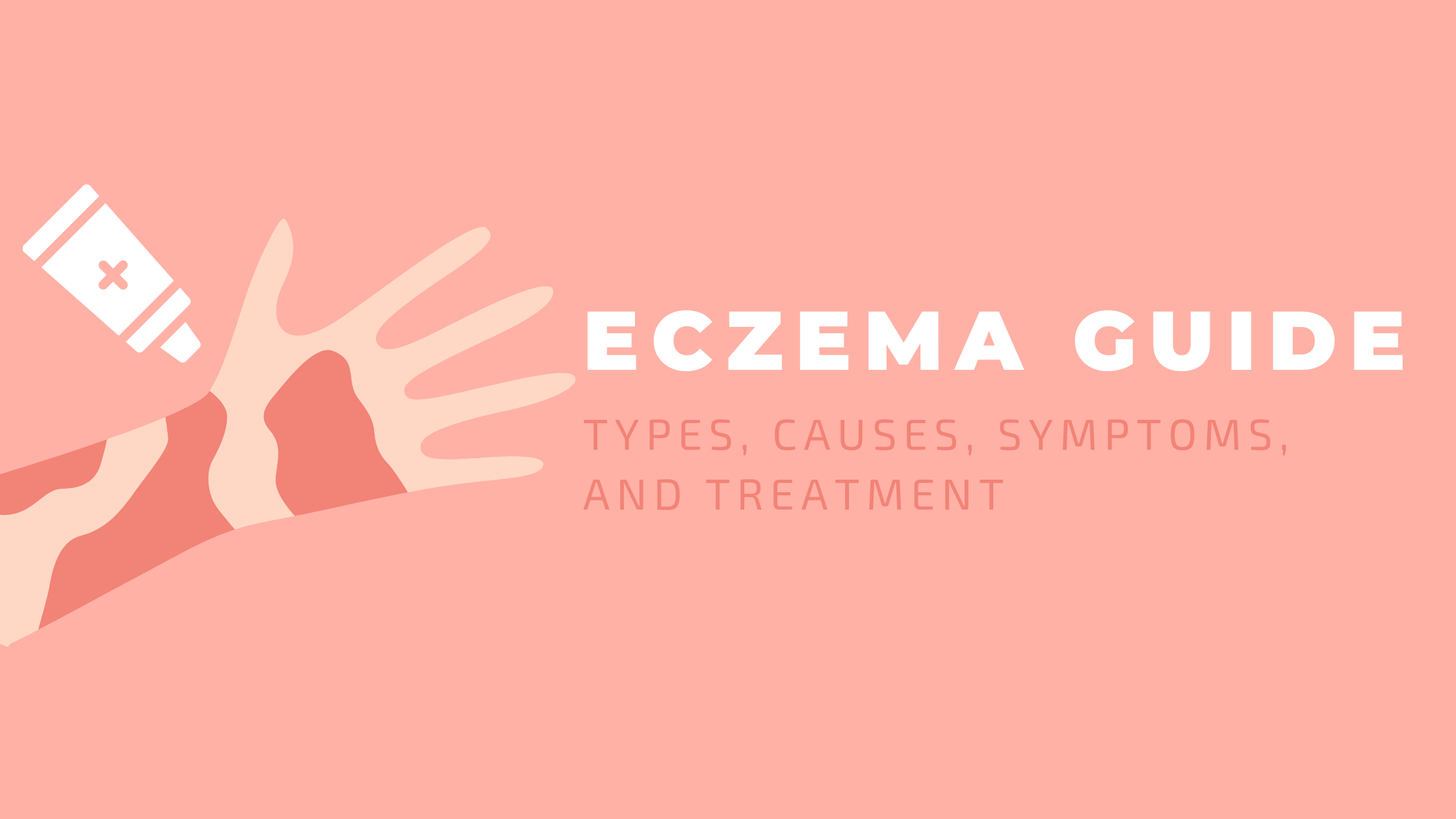
Home Remedies for Rosacea

You can't miss the signs of rosacea on your skin. The redness which resembles blushing or flushing, is a sign and symptom used by doctors for diagnosing rosacea. There are no tests to determine if your skin condition is rosacea, except the tests your doctor may recommend to rule out other skin diseases or conditions.
What is Rosacea?
Rosacea is a common skin condition, and according to the National Rosacea Society, an estimated 16 million Americans suffer with it. The red patches that may be only on certain areas of the face or spread to even the chest and back, are due to swelling of small blood vessels near the surface of your skin.
Women, specially towards middle age, are most often affected. Rosacea may show up only as facial redness or along with pimples on your face that may or may not contain pus. Usually your skin may feel hot and tender to the touch.
It's not uncommon to also experience dry, irritated, and swollen eyes. In men more often than women, the skin on the nose may appear thick, resulting in a bulbous looking nose.
Causes of Rosacea
Heredity and certain environmental factors may cause rosacea. Dermatologists have isolated some triggers that by increasing the blood flow, can start the redness. These rosacea triggers may include:
- Spicy foods
- Alcohol
- Extreme heat (hot water for showers) or cold
- Stress, anxiety and emotional trauma
- Harsh skin care, cosmetics ingredients
- Prescription drugs that dilate blood vessels, such as blood pressure medications
- Smoking
- Excessive exposure to sun
Rosacea Treatment
There is no cure for rosacea. Your doctor may prescribe certain drugs to help with signs and symptons. These may include drugs to reduce redness, such as brimonidine (Mirvaso). This drugs constructs the blood vessel within 12 hours, helping to improve the appearance of redness.
Oral antibiotics may also be given if bacteria have caused pimples with pus. These antibiotics may include doxycylcline, tetracycline and others.
Laser therapy may also help with reducing the redness. Other treatments include light therapy, electrosurgery and dermabrasion.
Home Remedies for Rosacea
The key to managing rosacea is finding out which triggers bring about the signs of rosacea for you. This means paying attention to your lifestyle. Do you smoke, drink excessive alcohol, love spicy foods, can't manage stress and are easily aggravated? Do you use any skin, hair care or cosmetic product with a pretty label and keep trying new ones? These are some questions to ask yourself to see if any triggers need to be addressed. The more new products you use on your skin, the worst your rosacea may become.
Your skin requires tender loving care since it is easily irritated. Your skin care routine should be as simple as possible, relying on fragrance-free skin care, hair care and cosmetics. Start by using a gentle soap-free cleanser. Some harsh ingredients that may exacerbate rosacea, and should be avoided include the following:
- Salicylic acid
- Witch hazel
- Alcohol
- Mint, peppermint, eucalyptus, menthol, tea tree oil, in skin care, cosmetics or toothpaste
- Harsh detergents such as sodium lauryl sulfate (SLS)
- Plant extracts and essential oils
For your daily skincare routine, consider the following:
- Fragrance-free skin, hair and cosmetics products.
- Sensitive skin care products are even more preferred, especially if they avoid plant extracts, essential oils and fragrance.
- Sunscreen is also very important since the sun can be a trigger for rosacea flare-ups. Use a sunscreen with zinc oxide and titanium dioxide only. These ingredients normally won't irritate rosacea skin.
It's difficult living with rosacea and skin that flushes quickly with redness. With proper lifestyle management and gentle and non-irritating products, managing symptoms of rosacea will be easier.



Leave a comment
This site is protected by hCaptcha and the hCaptcha Privacy Policy and Terms of Service apply.